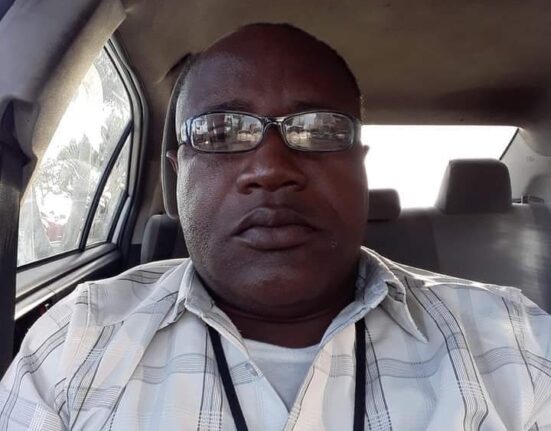Dr. Kerrie Fearon- Pounall
WHAT IS HEART FAILURE? Heart failure occurs when the heart is unable to pump enough blood out to adequately perfuse the rest of the body, either because it is too weak or because it is too stiff and is unable to do so without causing build up of pressure and fluid in the lungs. Heart failure is one of the most common reasons for admission to the hospital and is one of the leading causes of death worldwide.
WHAT DOES MY DOCTOR MEAN BY SYSTOLIC HEART FAILURE VERSUS DIASTOLIC HEART FAILURE ? Heart failure can be classified into systolic heart failure and diastolic heart failure. Systolic heart failure means that the heart is weak and the volume of blood being pumped out of the heart is less than 50 percent. Diastolic heart failure occurs when the ejection fraction is preserved, > 50 % but the heart muscle is stiff leading to symptoms of heart failure. Both systolic and diastolic patterns can occur in a patient at the same time.
WHAT CAUSES THE HEART TO FAIL? Conditions which may lead to heart failure are idiopathic which means that the cause is unknown, myocarditis ( inflammation of the heart from viruses, autoimmune conditions), poor circulation to the heart ( ischemic heart disease ), hypertension, HIV, certain chemotherapy agents, substance abuse such as excessive alcohol consumption and cocaine use, anaemia, overactive thyroid disorder, pregnancy, inherited genes which causes the muscle of the heart to get weak and infiltrative diseases such as amyloidosis.
HOW DO I KNOW IF I HAVE HEART FAILURE? Persons with heart failure usually present with shortness of breath with exertion which may progress to shortness of breath at rest. Other symptoms include, easy fatigability, inability to lie flat without getting shortness of breath, swelling of the legs, wheezing, chest tightness, swelling of the abdomen, swelling of the scrotum, racing of the heart.
WHAT TESTS ARE NEEEDED IF I HAVE HEART FAILURE OR SYMPTOMS SUGGESTIVE OF HEART FAILURE? Tests such as your blood count, kidney function test, thyroid function test, cholesterol and glucose level, cardiac enzymes ,electrocardiogram and echocardiogram should be ordered . An electrocardiogram otherwise known as ECG or EKG shows the electrical activity through the heart and sometimes tells us if the heart muscle is thickened, if there is any evidence of poor circulation to the heart or if the heart is beating abnormally ( arrhythmia). An echocardiogram is an ultrasound of the heart which tells us the size of the heart, the thickness of the heart muscle, how easily the heart muscle relaxes, how well the valves are functioning and how well all the areas of the heart are pumping. This will help to determine the cause and determine the course of treatment.
HOW IS HEART FAILURE TREATED? Once the diagnosis takes place, medications such as diuretics will be started to improve symptoms by passing out excess water from the body through their kidneys. Other medications — to improve symptoms, increase survival and treat underlying causes — will also be started by your doctor. Your diet will be adjusted to decrease your salt and cholesterol intake. Other therapies include cleaning of the arteries which supply the heart if there are significant blockages, surgical repair of bad valves, implantation of mechanical devices to improve the pumping function of the heart and to increase survival. Treatment of underlying conditions, such as Diabetes Mellitus, hypertension, high cholesterol, low blood count, thyroid disease, persistently high heart rate are also important.
WHAT IS MY PROGNOSIS? The long term mortality is approximately 30 % at five years. Prognosis varies according to the cause of heart failure, age, gender, frequency of hospitalization, how severe the pump failure is. The key to better outcome is prevention, early detection treatment and correction of any underlying cause. If having symptoms of heart failure, it is very important to speak to your doctor. Long term survival rates have improved over the years due to more use of cardiac imaging modalities, medications which have been shown to decrease cardiac mortality and other interventions such as cardiac revascularization, valve surgery, implantation of defibrillators and assist devices.
Dr. Kerrie Fearon- Pounall, M.B.B.S., (Hons)., (UWI)., DM Internal Medicine ( Albert Einstein). Fellowship, Preventative Cardiology (Yale) may be reached at
Total Care Medical Centre, 33 Stennett Street, Port Maria, St. Mary. Call 994 2336








